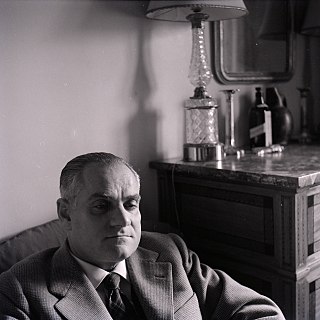A Quote by Guillermo Cabrera Infante
It means that no matter what you write, be it a biography, an autobiography, a detective novel, or a conversation on the street, it all becomes fiction as soon as you write it down.
Related Quotes
I don't impose political responsibilities on my fiction. The last thing I would ever want to do, for example, is write a novel that would appear to want to tell people what to think about the immigration debate, and I would never write a novel whose sole ambition was to give a "positive" view of immigrants. I'm for open borders, by the way - down with the nation state!
I'd like to ghost-write Liz Phair's novel. But I don't really know about that. It seems like a dignified thing to segue into as I approach the other side of 45. My hands are just full right now. There's the potential to try to write some kind of biography of Pavement - sort of a cryptic, nonfiction/fiction blowout. The story's never been told well. But that's a lot of inward-gazing that I'm not sure I want to do. I like to look out.
I often use detective elements in my books. I love detective novels. But I also think science fiction and detective stories are very close and friendly genres, which shows in the books by Isaac Asimov, John Brunner, and Glen Cook. However, whilst even a tiny drop of science fiction may harm a detective story, a little detective element benefits science fiction. Such a strange puzzle.






































